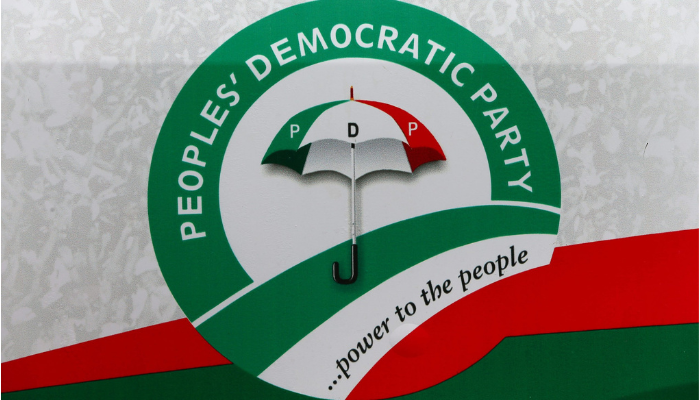TALLINN, Estonia (ChatnewsTV) — The Estonian government has decided to continue the work of 13 out of 16 national commissions, with three economic commissions being discontinued as part of a broader effort to streamline discussions on economic growth and competitiveness. The move comes as the government, led by Prime Minister Kristen Michal, aims to consolidate economic decision-making under a new “economic cabinet” format.
According to a press statement released today by the office of the Estonian Prime Minister, the decision, follows a review initiated during the first meeting of the new government in July. Ministers were asked to evaluate the necessity of the existing 16 government commissions within their portfolios, as part of an effort to create a more efficient framework for addressing economic issues.
“The government is focused on promoting economic growth and competitiveness in a more coordinated and effective manner,” said a spokesperson for the Stenbock House. “The new economic cabinet will allow all ministers to engage in strategic discussions, eliminating the need for some of these longstanding commissions.”
Among the commissions being terminated is the Commission for Sustainable Development, which was established in 1996. According to the government, the commission has achieved its main objectives, and its work will be absorbed into broader governmental strategies such as “Estonia 2035.” The government emphasized that sustainable development will continue to be a priority through development agendas and sectoral programs.
“The termination of the Sustainable Development Commission does not mean that these issues will be neglected,” the spokesperson added. “Non-state actors will still play a key role in implementing and monitoring sustainable development goals, as they have been doing.”
Additionally, the government commission tasked with combatting tax fraud, also established in 1996, has been dissolved. The Ministry of Finance, together with the Estonian Tax and Customs Board, will continue to lead anti-fraud measures without the need for a separate commission.
“The commission fulfilled its main objectives, and its tasks will be handled directly by the relevant authorities,” said the Ministry of Finance in a statement.
The government also announced that the work of the commission focused on international competitiveness will be expanded and integrated into the new economic cabinet, which will address a broader range of topics and include more participants.
By Gabriel Ani




